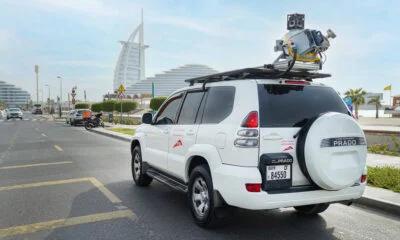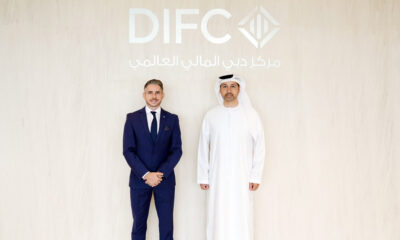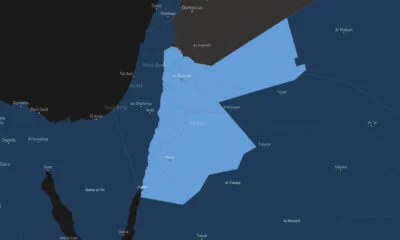News
Dubai Launches The World’s Largest Ocean Restoration Project
The Dubai Reefs program will serve as a blueprint for sustainable ocean living while helping to blunt the impact of climate change.
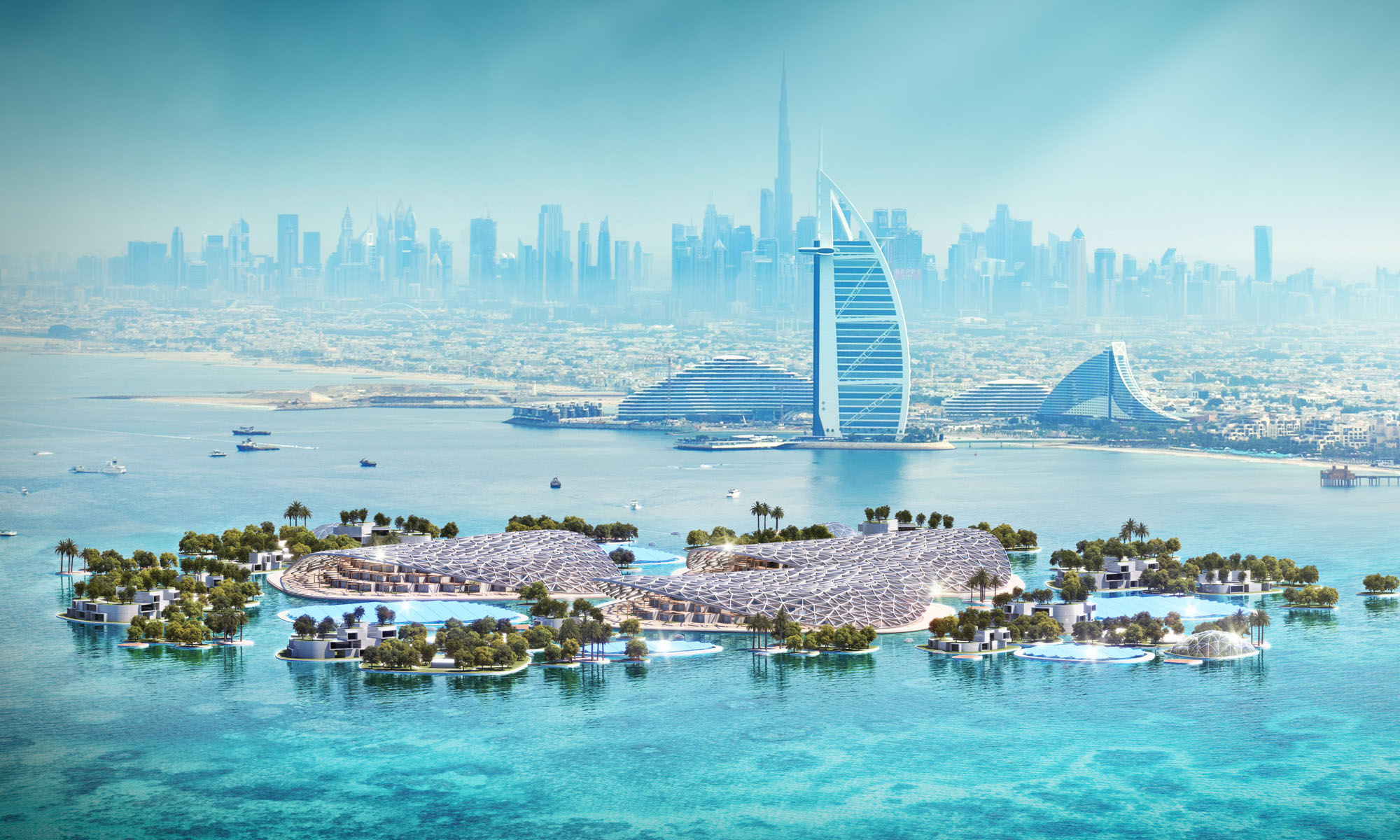
Dubai has announced a bold new initiative known as “Dubai Reefs” that will help to tackle environmental degradation with the construction of a massive 200 square kilometers of artificial reefs.
The program will generate up to 30,000 new jobs during its development and will eventually become home to 1 billion corals and around 100 million mangrove trees.
The artificial reefs will also host a sustainable floating marine research unit. The institute will closely monitor Dubai’s marine and coastal ecosystems, boosting the country’s green credentials and helping to drive eco-tourism.
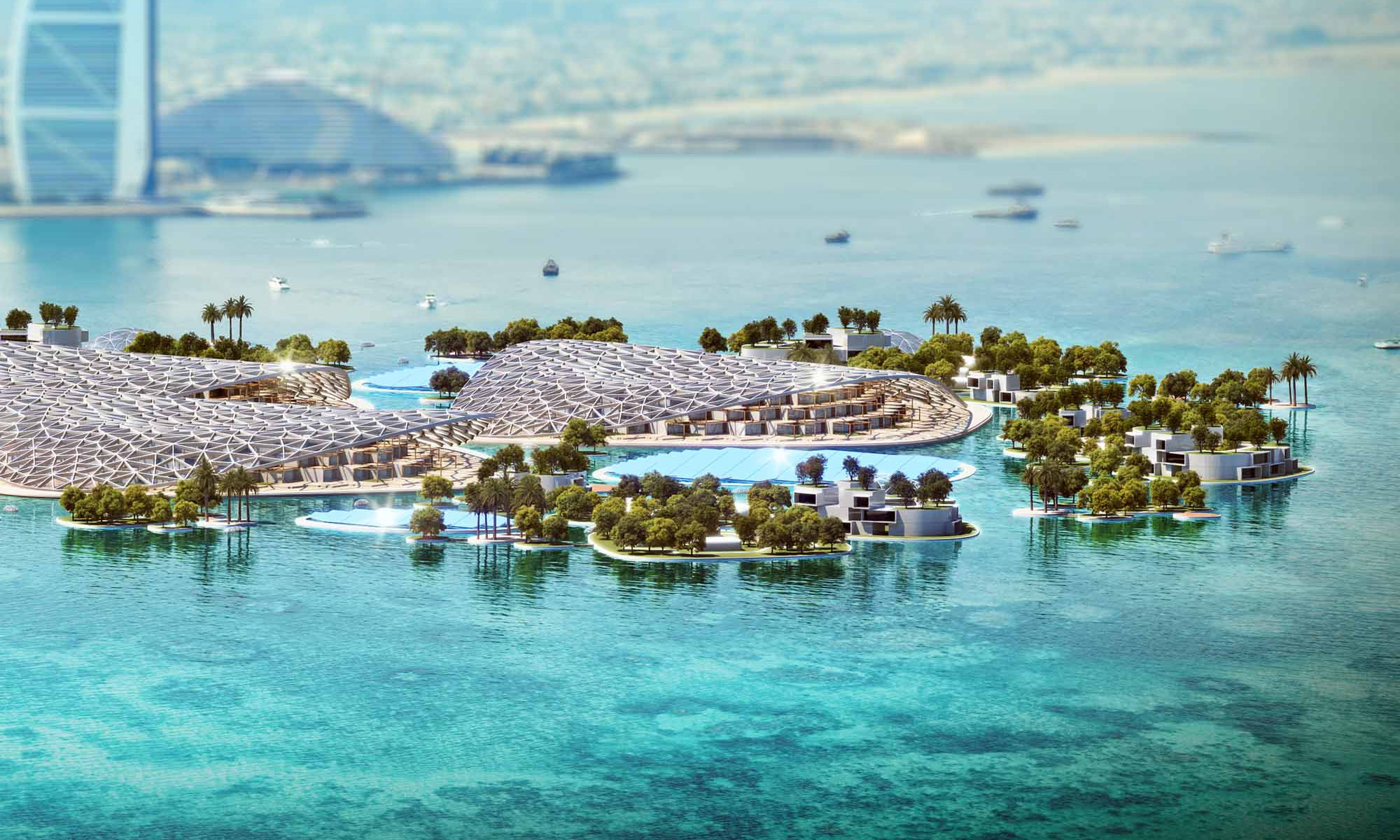
Speaking of the tourist economy, once established, the artificial reefs will house floating eco-lodges, as well as residential, retail, and hospitality units running on solar and hydro (wave-powered) energy. Meanwhile, Regenerative Ocean Farming — an environmentally-friendly food production technique — will also form a cornerstone of the project.
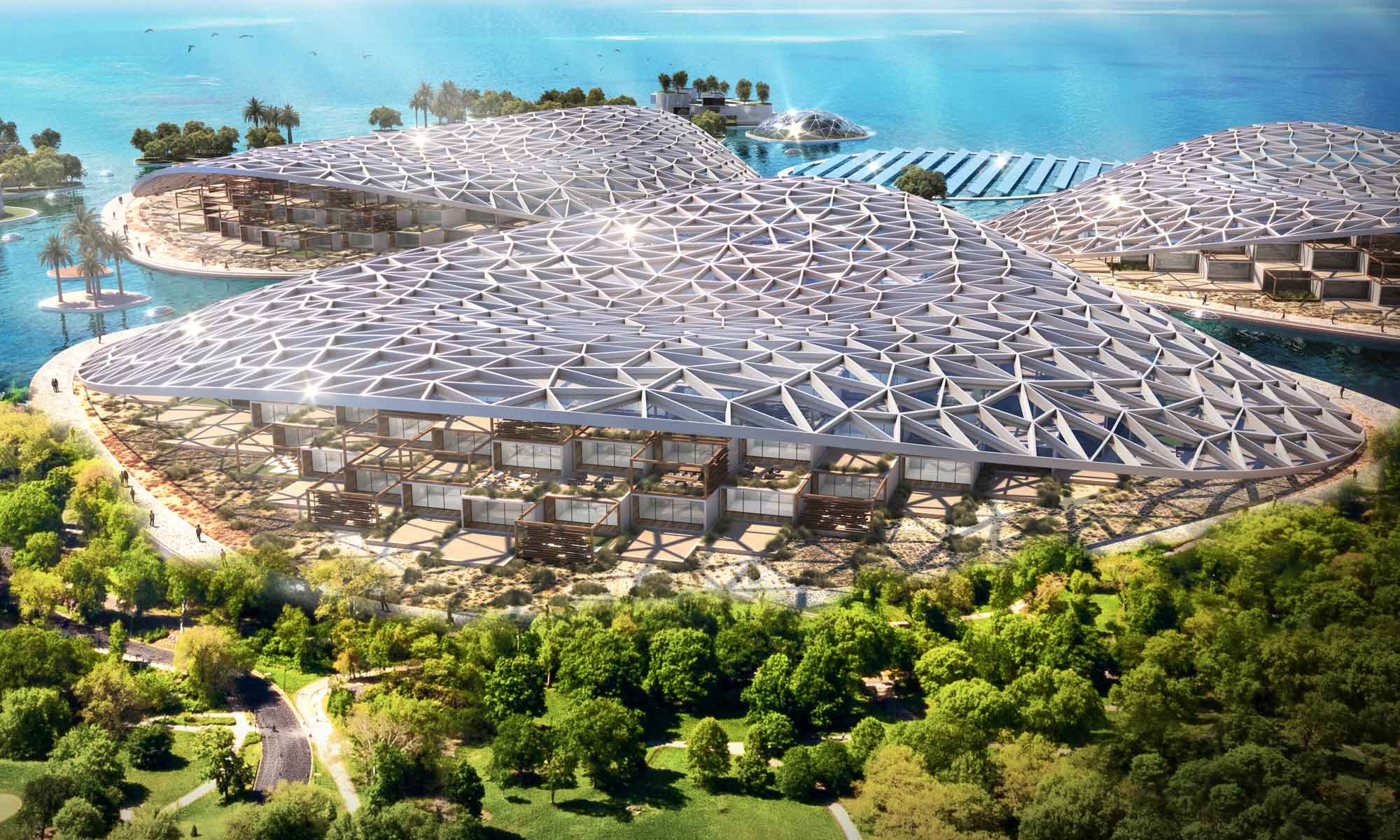
The CEO of the architectural studio URB, who is responsible for the design of the project, said, “The health of our cities is intrinsically tied to the health of our oceans [which will be] entirely different by the end of the century if we don’t take action today. […] As an innovative coastal city, Dubai is best positioned to lead such a transformation. Beyond creating a unique resilient destination for eco-tourism and marine research, Dubai Reefs aims to become a blueprint for ocean living while mitigating the impacts of climate change”.
Also Read: Sultan Al Neyadi Becomes The First Ever Arab To Spacewalk
The ultimate goal of the Dubai Reefs project goes beyond transforming the city into an eco-destination. Urban planners need to explore the possibilities of a floating metropolis where the ocean and city thrive in balance, given that sea levels are predicted to rise dramatically over the next century.
News
Google Releases Veo 2 AI Video Tool To MENA Users
The state-of-the-art video generation model is now available in Gemini, offering realistic AI-generated videos with better physics, motion, and detail.

Starting today, users of Gemini Advanced in the MENA region — and globally — can tap into Veo 2, Google’s next-generation video model.
Originally unveiled in 2024, Veo 2 has now been fully integrated into Gemini, supporting multiple languages including Arabic and English. The rollout now brings Google’s most advanced video AI directly into the hands of everyday users.
Veo 2 builds on the foundations of its predecessor with a more sophisticated understanding of the physical world. It’s designed to produce high-fidelity video content with cinematic detail, realistic motion, and greater visual consistency across a wide range of subjects and styles. Whether recreating natural landscapes, human interactions, or stylized environments, the model is capable of interpreting and translating written prompts into eight-second 720p videos that feel almost handcrafted.
Users can generate content directly through the Gemini platform — either via the web or mobile apps. The experience is pretty straightforward: users enter a text-based prompt, and Veo 2 returns a video in 16:9 landscape format, delivered as an MP4 file. These aren’t just generic clips — they can reflect creative, abstract, or highly specific scenarios, making the tool especially useful for content creators, marketers, or anyone experimenting with visual storytelling.
Also Read: Getting Started With Google Gemini: A Beginner’s Guide
To ensure transparency, each video is embedded with SynthID — a digital watermark developed by Google’s DeepMind. The watermark is invisible to the human eye but persists across editing, compression, and sharing. It identifies the video as AI-generated, addressing concerns around misinformation and media authenticity.
While Veo 2 is still in its early phases of public rollout, the technology is part of a broader push by Google to democratize advanced AI tools. With text-to-image, code generation, and now video creation integrated into Gemini, Google is positioning the platform as a full-spectrum creative assistant.
Access to Veo 2 starts today and will continue expanding in the coming weeks. Interested users can try it out at gemini.google.com or through the Gemini app on Android and iOS.


